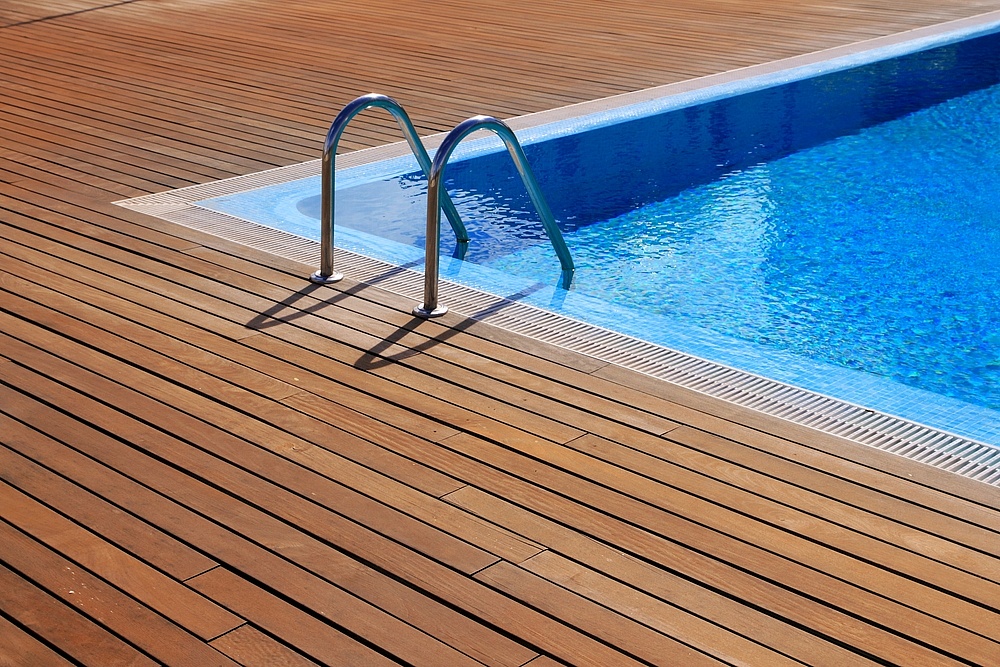
When choosing pool deck materials, it is essential to consider both functional and aesthetic factors. The following criteria will assist in picking the appropriate stone for a pool deck, whether it's an exquisite light-colored limestone suited for a hot summer day, a natural fieldstone replicating the sensation of a deep woods swimming hole or reclaimed granite with its timeless aged beauty. Do you want to create a wooden deck around your pool? Here are our top five pool deck-building
Tips:
-
Select High-Quality Concrete
Concrete is and has always been one of the most popular decking materials. Its allure stems from its adaptability. It is simple to go from plain poured concrete decks to stained, stenciled, or stamped concrete that may easily simulate stone, brick, or other finishes.
Stamped concrete, textured or imprinted, is a step above the plain, poured concrete. It is an appropriate pool deck surface because it combines aesthetics, durability, and low maintenance. It also provides many ornamental alternatives not available with other pool deck materials. You may create a variety of stone, brick, and tile designs using stains, powdered pigments, and antiquing chemicals.
-
Choose Your Decking Wood With Care
Pool decks are frequently sprayed with chemical-laden water and are frequently exposed to full summer heat and harsh winter weather, so it's critical to pick timber that can withstand these extreme circumstances. What is the finest lumber for a Perth pool deck? In the Perth area, we prefer Merbau or Spotted Gum timber because they are long-lasting, Class 1 hardwoods that are rot-resistant. We do not advocate utilizing pine decking planks since pine is a softwood that can deteriorate quickly in a poolside location.
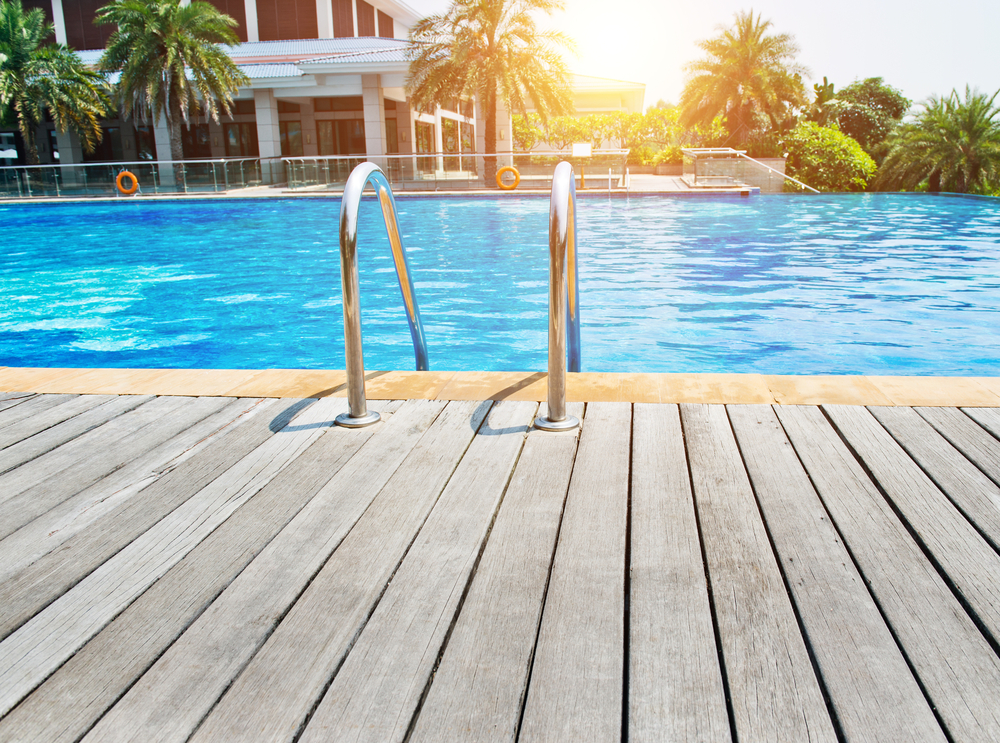
-
Choose Fixes That Will Endure The Test Of Time
Choose corrosion-free and rust-resistant screws and fasteners that can withstand harsh circumstances in your pool area. There are various stainless steel and galvanized pool deck fittings at the Timber Decking Supply Shed.
-
You Can Also Use Wood Composite
Wood-composite decking, a blend of high-density polyethylene and wood particles, preservatives, and binders, is an alternative to genuine wood. It has the appearance of wood (you may choose your timber look) but is far less prone to decaying since it has been treated with preservatives.
While they are sometimes more expensive than wood, composite materials promise greater longevity and less upkeep. Wood is still the most popular deck material, although not indestructible.
.jpg)
-
Pavers May Be Used As A Hardscape Alternative For Pool Decks
Pavers are a common hardscape material used for walkways, patios, and pool decks. They are often made of concrete, stone, or brick, with the first two being more durable. The interlocking pavers in this image are concrete and supposed to resemble stone. Concrete pavers are available in various materials, sizes, forms, and colors and can be made to seem like cobblestones, granite, tile, or bricks. Pavers require little upkeep and are simple to replace if a broken unit is. Texturing them creates a non-slip surface. They do not fracture or accumulate water.
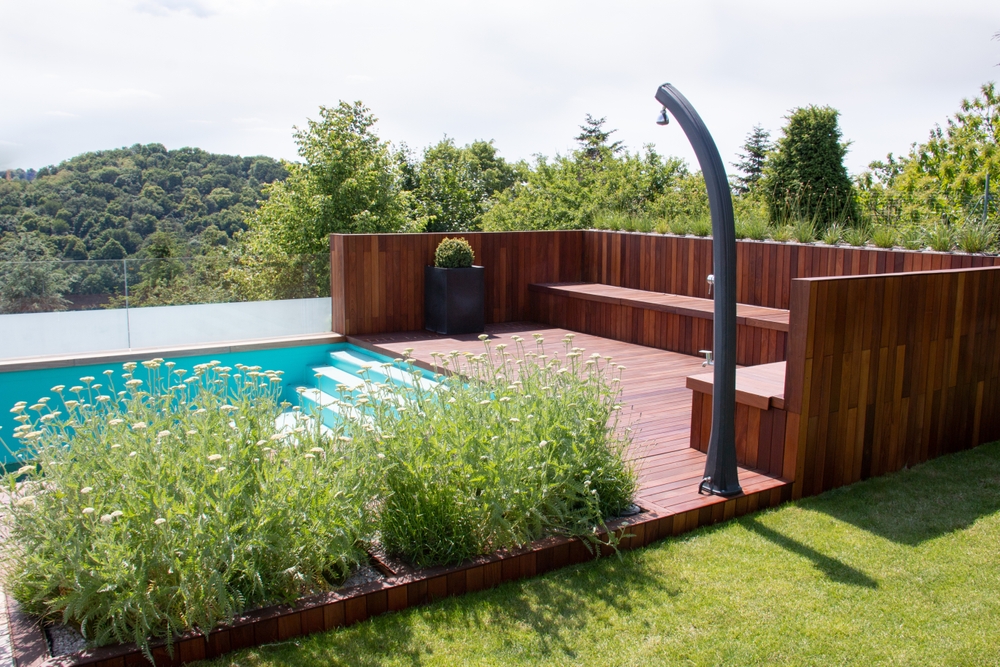
Tip: Using several tiny interlocking paver components may need to be more apparent. If you like an uncluttered appearance, you can pick more extensive components, such as slabs.
-
Selecting The Best Stone And Tiles For The Region And Conditions
Stone has a rustic and earthy feel to it. Stone is a beautiful choice for a natural-looking pool that requires a rough alternative (such as this one). Several sorts are available, and pricing is frequently dictated by what is available in your area. There are several stones to pick from. One of the most popular materials is limestone. It is durable and may remain attractive for years, regardless of the weather. It's cool to the touch, withstand extreme weather fluctuations, and withstand daily usage. For example, Sandstone is a naturally glossy, smooth-textured, durable stone with a high tensile strength. It is long-lasting, resistant to weather changes, and does not require any specific upkeep. When wet, any stone seems darker. If you like the way this looks, consider using an enhancing sealer.
Unglazed ceramic tiles convey refinement. Most unglazed tiles have matte surfaces, with some resembling genuine stone. Many ceramic tiles are pricey, but their beauty and user-friendliness compensate for the higher pricing.
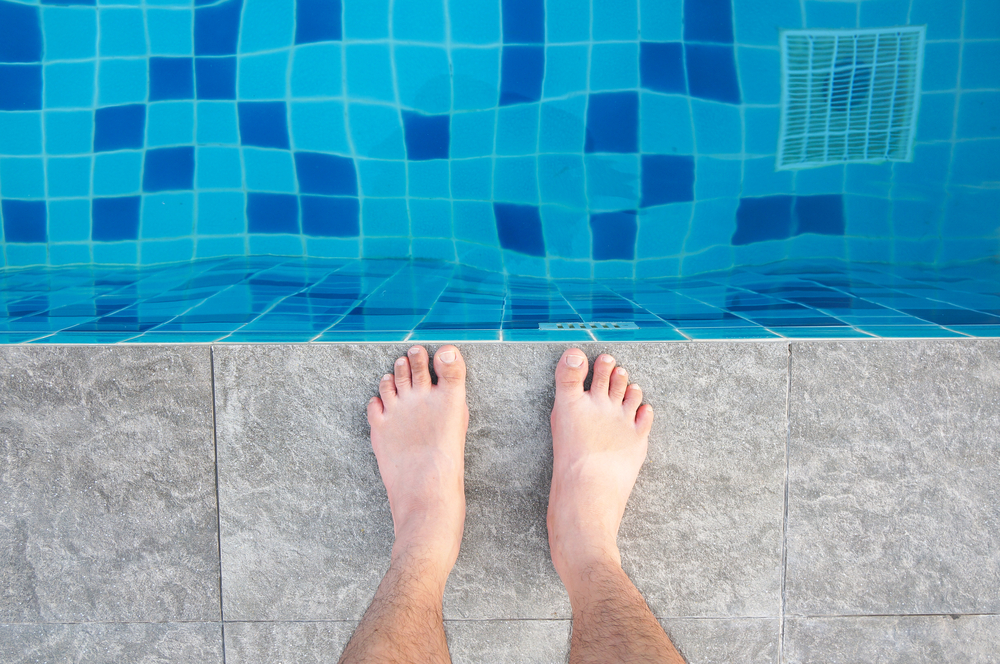
Tip: Slip resistance is measured in tiles, so select something with a firm grip. Terracotta is an attractive option in India since it is easily obtainable.
Conclusion
Choosing materials for the deck surrounding your in-ground pool requires careful thought. Pool decks have different performance requirements than conventional patios. In addition to being appealing, they must be accessible on bare feet (read heat reflecting, non-slippery, even surface, and resistant to chemicals, mold, and mildew).


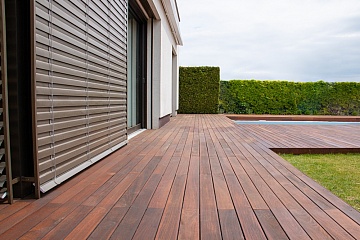
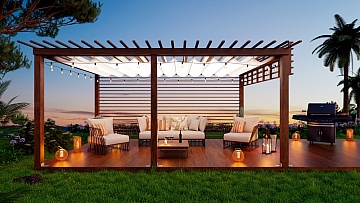
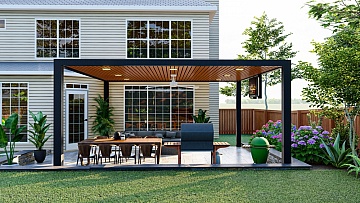





Comments (0)
Leave a comment